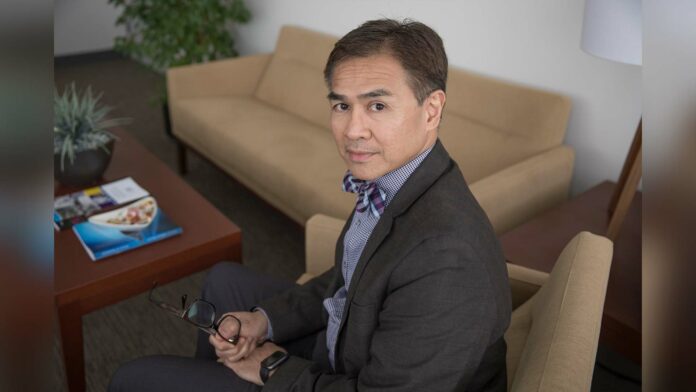Cabozantinib, a new cancer treatment, leads to prolonged progression-free survival and better responses from patients
The UC Davis Comprehensive Cancer Center recently contributed to a national collaborative clinical study which revolutionized treatment for patients with metastatic papillary kidney cancer, according to a press release from UC Davis Health.
Dr. Primo Lara, a medical oncologist specializing in cancers of the genitourinary tract and the director of the UC Davis Comprehensive Cancer Center, played a key role as the senior author of the study, describing kidney cancer as complex and its subtypes as rare.
“Kidney cancer, which is the tumor type being tested in the trial, is not one disease,” Lara said. “Kidney cancer […] is actually a very heterogeneous disease with many subtypes.”
The subtype that the clinical trial studied was papillary kidney cancer. Dr. Mamta Parikh, also a medical oncologist specializing in malignancies of the genitourinary tract, emphasized that the remarkable rarity of this particular type of cancer made the clinical study difficult.
“So there are over 20 histologic subtypes of kidney cancer,” Parikh said. “Clear cell kidney cancer is the most common of those—it comprises almost 80% of kidney cancers. The second most common type of kidney cancer is papillary kidney cancer, but [it’s] still very uncommon. Only about 15% of kidney cancers are papillary kidney cancers. So we’re talking about a very select group of patients, and because there are so few of these patients, there’s a lot that we don’t know about them.”
The study tested three other drugs against the current standard of care for papillary kidney cancer, sunitinib. These drugs varied slightly in their inhibitory activities but ultimately targeted a gene called the MET gene, which is known anecdotally and preclinically as a key player in causing kidney cancer, according to Lara.
Because of its rarity and limited knowledge on this subtype, as Parikh and Lara further noted, the typical treatment for clear cell kidney cancer, sunitinib, was often used for papillary kidney cancer. However, with the findings of this clinical trial, patients with papillary kidney cancer are now offered a new standard of care, a separate and more effective treatment called cabozantinib.
“We saw that cabozantinib is very significantly associated with prolonged progression-free survival. It extended progression-free survival by about four months,” Parikh said. “So the percent of patients that responded to cabozantinib was about 23%, whereas with sunitinib, it was 5%. So really a remarkable difference in responses, and it helps because now we can very confidently state that cabozantinib would be preferred over sunitinib for patients with this particular subtype.”
Parikh provided insight into the significant implications that the findings of the national clinical study brings for oncological treatment and clinical studies in the future.
“It is an important finding because it will lead to further clinical trials in this rare tumor type,” Parikh said. “The other thing that we have learned in kidney cancer is that immunotherapy is very active in kidney cancer. So future trials will probably focus on combining cabozantinib with immunotherapy agents and papillary RCC (renal cell carcinoma) to see if we can get even a better response and prolong progression-free survival.”
The findings would not have been possible without the participation and altruism of the recruited papillary kidney cancer patients themselves, aware that they would be receiving cutting-edge treatment despite knowing the drugs tested may not benefit them.
“We count on people and their inherent kindness and goodness,” Lara said. “They’re being altruistic because they know that their participation in a trial [will] pace things forward. Even if a trial may not individually, personally affect them—say the drug does not work—what they do know is that the knowledge gained from their participation will help that next patient walking through the front door.”
This finding has only furthered Lara’s optimism toward the field of oncology and the unified fight against cancer.
“In the 25 years that I’ve been here at UC Davis, I’ve seen dramatic leaps in outcomes in many kinds of cancers, including cures that were thought to not be possible,” Lara said. “So I’m very optimistic, and that’s what I impart to patients: that sometimes a diagnosis of cancer doesn’t necessarily mean a ‘death sentence’ anymore.”
Written by: Brandon Nguyen – science@theaggie.org



